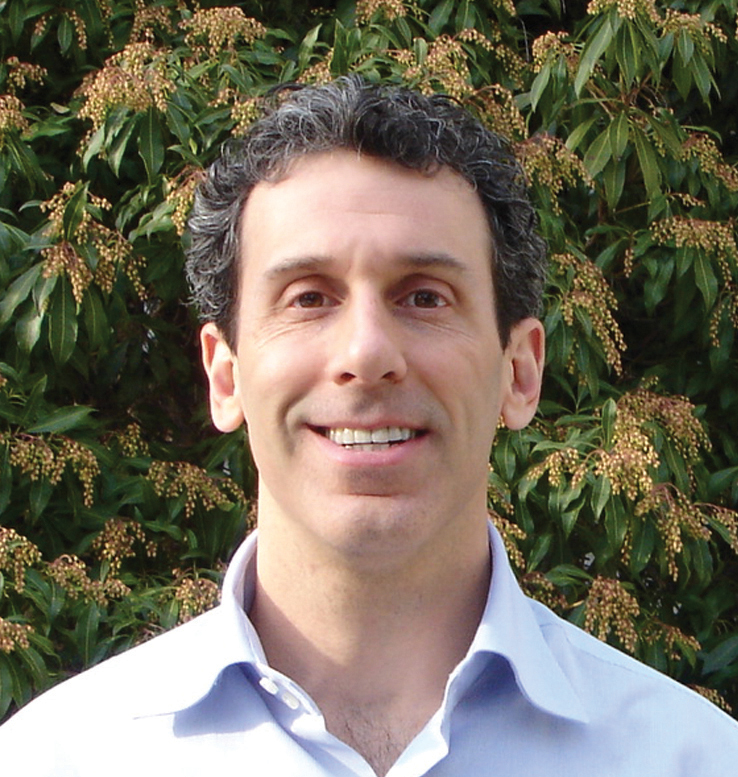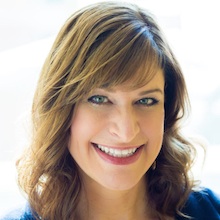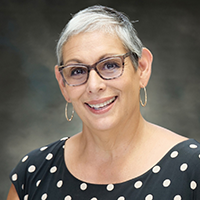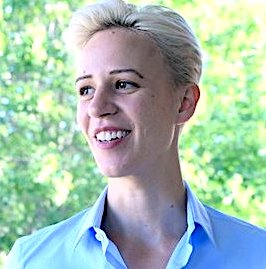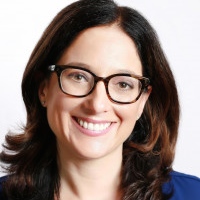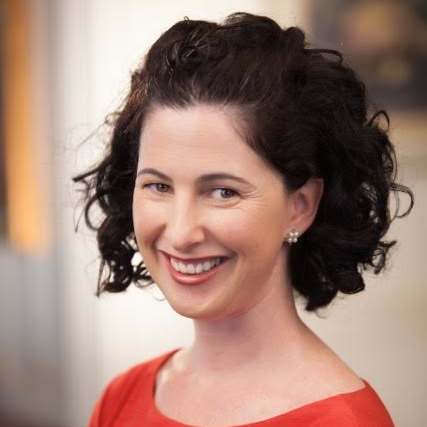Friday, April 21
8:00 AM – 11:00 AM
Cost per person: $179
By advance registration only.
Add $30 fee if you are not attending the conference.
All workshops are offered LIVE in New York City only. There is no virtual option.
1. Teaching Social Skills - Key Components of Social Skills Training for Neuro-Typical and Neuro-Diverse Students
All of us can struggle with social issues, particularly after periods of isolation such as happened during the pandemic. This workshop will describe a tiered approach to skills training in schools, with general interventions for all students and more individualized approaches for those students with more social challenges. Key components of effective skills training will be mapped out including how to motivate students to participate, target relevant skill goals, use effective teaching methods based on language ability, generalize skills into natural settings, and increase acceptance and tolerance from peers. Information will be provided though lecture, interactive exercises, and video clips.
Jed E. Baker, PhD, Director, Social Skills Training Project; Author, Social Skills Picture Book: For High School and Beyond (2017), Overcoming Anxiety in Children and Teens (2015), and No More Meltdowns: Positive Strategies for Managing and Preventing Out of Control Behavior (2012)
2. Using Group Learning in Class - Flexible Grouping to Build Students' Academic Skills and Collaborative Capacities
In a flexibly grouped classroom, students work in a variety of grouping configurations with the goals of building community, increasing collaborative capacity, spotlighting talent, and fostering growth. This workshop will explore the hallmarks of a flexibly grouped classroom and how they prepare students for the kinds of interactions they will encounter in their future lives and workspaces. You will learn practical strategies for flexible grouping with the goal of cultivating equitable classrooms that invite, support, and challenge all learners.
Kristina J. Doubet, PhD, Professor, Department of Middle, Secondary, and Mathematics Education, James Madison University; Faculty Member, ASCD; Author, The Flexibly Grouped Classroom: How to Organize Learning for Equity and Growth (2022), Designing Authentic Performance Tasks and Projects (2020), Differentiation in the Elementary Grades (2017), The Differentiated Flipped Classroom (2016), Differentiation in Middle and High School (2015), and Smart in the Middle (2006)
3. Learning & Belonging - The Brain and Creating a Culture of Belonging
Every day, every student will bring their developing brain and their developing identity to school. As teachers and school leaders, you can implement research and strategies from Mind, Brain, and Education (MBE) and Diversity, Equity, and Belonging (DEB) to benefit all students. The presenters will share and use frameworks for personal reflection on teaching practice and creating a culture of belonging in every school community and will help you identify areas of strength and opportunities for growth within your sphere of influence. This workshop will explore how principles from these two robustly researched fields intersect to support teaching, learning, and whole child academic and social development. This interactive workshop will include case study work and will be of interest to early childhood to collegiate teachers, school leaders, and policy makers who will leave with new frameworks to better think about the connection between the learning brain and the identity development of each student.
Lorraine Martinez Hanley, BA, Director, Diversity, Equity, and Belonging, St. Andrew’s Episcopal School; Lead Researcher, Diversity, Equity, and Belonging, the Center for Transformative Teaching & Learning (CTTL); and Eva Shultis, MEd, Associate Director of Research and Product Development, CTTL; Co-Designer, Neuroteach Global Student Program; Science Teacher, St. Andrew's Episcopal School
4. The Reading Brain & Collaboration -
PART I - Advancing the Science of Reading for Our Youngest Learners: Neuroscience and Early Literacy Partnerships
What do key findings from neuroscience mean for our youngest students as they learn to read and spell? In part one of this session, Dr. Strom will focus on three key principles from the neuroscience of early reading and on their implications for the early childhood classroom (ages 3-7 or grades PreK-2). Specifically, we will focus on how to most effectively support children as they develop neural pathways for reading and spelling. We will focus on the science behind early literacy and what this science means for building the capacity of educators and families to support beginning readers.
Carolyn H. Strom, PhD, Clinical Professor of Early Childhood Literacy, School of Culture, Education, and Human Development, New York University
PART II - The Reading Brain: Early Skills, Interventions, and Collaborations
The development of skilled reading involves a major reorganization of language systems in the brain. In part two of this workshop, Dr. Pugh will present ongoing research from his lab on the neural bases of learning to read across writing systems with particular focus on bi-directional relations between spoken and written language in the development of reading fluency. He will also present an update on recent discoveries from our lab on the neurocognitive bases of individual differences in response to reading remediation that might help guide us to new brain-guided learning models. Finally, he will discuss the impact of COVID related disruptions on reading development, describing new results from a study examining the mitigating impact of education technology on reading losses and will end with a consideration of how current neurocognitive understanding might inform the design of content for children returning to conventional school experiences.
Kenneth R. Pugh, PhD, President, Director of Research, and Senior Scientist, Haskins Laboratories; Professor of Psychology, University of Connecticut; Director, Yale Reading Center; Associate Professor of Linguistics, Yale University; Researcher who is attempting to measure the damage inflicted by “Coronavirus Slide” in reading and whether the use of remote learning tools can reduce ill effects on young students, particularly those from underserved communities or with special needs; Scientific Research Council Member, Child Mind Institute; Co-Author, How Children Learn to Read: Current Issues and New Directions in the Integration of Cognition, Neurobiology, and Genetics of Reading and Dyslexia Research and Practice (2011)
5. Thinking & Prosocial Skills - The Kids Are Watching Us: How We Can Model and Grow Social Dispositions to Move Forward Together in Divisive Times
Collaboration and communication is of utmost priority in the workforce, in our schools and in our communities. This interactive and practical session focuses on how to make the most of our human capital by investing in our interdependence through our curiosity and authentic interest in one anotherâÂÂÂÂÂÂÂÂÂÂs perspectives. The goal is to create a culture where everyone can voice their opinions and benefit from socially constructed ideas that deepen their thinking about the content and themselves.
Allison G. Zmuda, MA, Founder/Curator, Learning Personalized; President, Co-Author, Curriculum Narratives (Forthcoming, 2023) and How to Leverage Personalized Learning in the Classroom (2019); and Bena Kallick, PhD, Co-Founder and Co-Director, Institute for Habits of Mind; Program Advisor, Eduplanet21; Author, Nurturing Habits of Mind in Early Education (2019) and Strategies for Self-Directed Learning (2004); Co-Authors, Students at the Center: Personalized Learning With Habits of Mind (2017)


